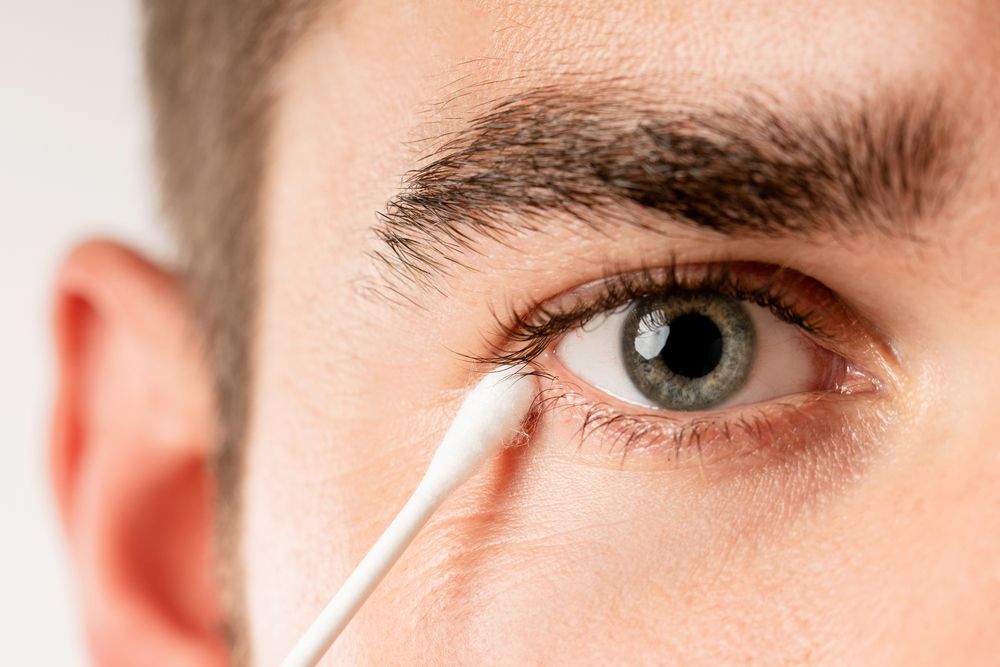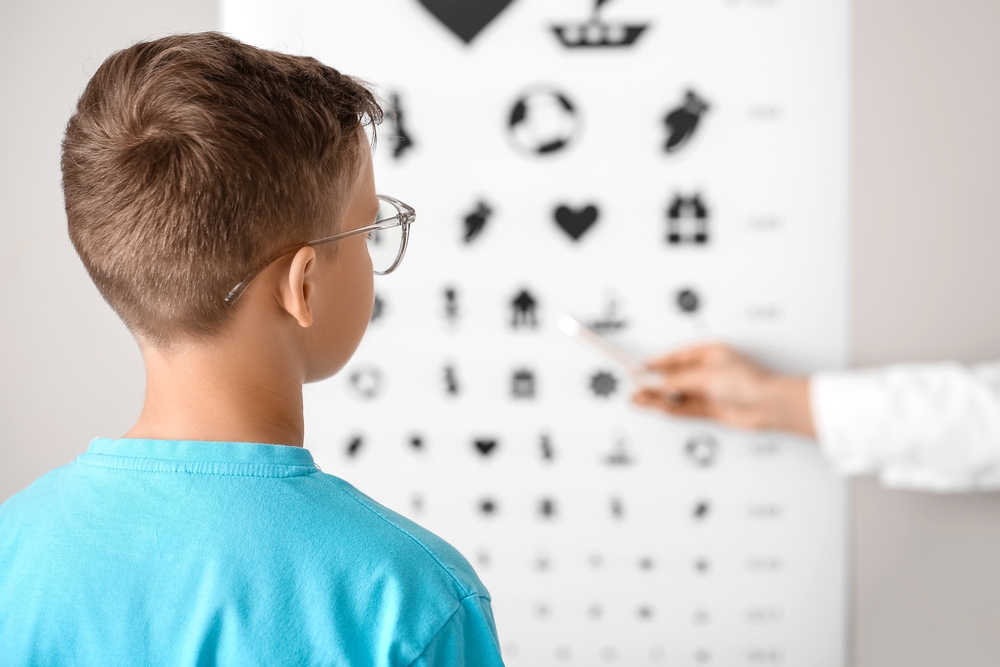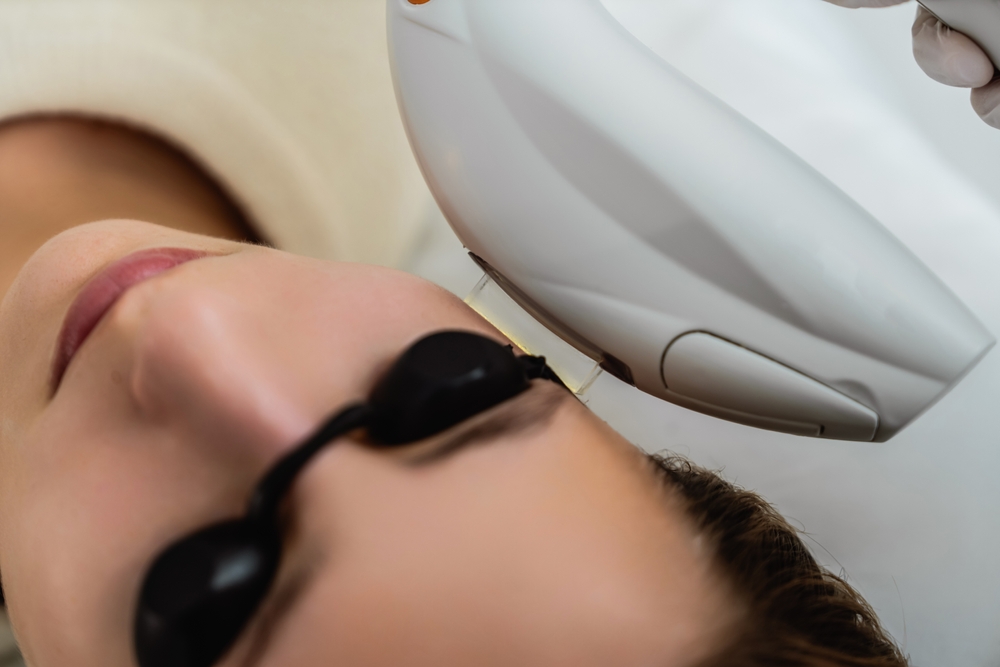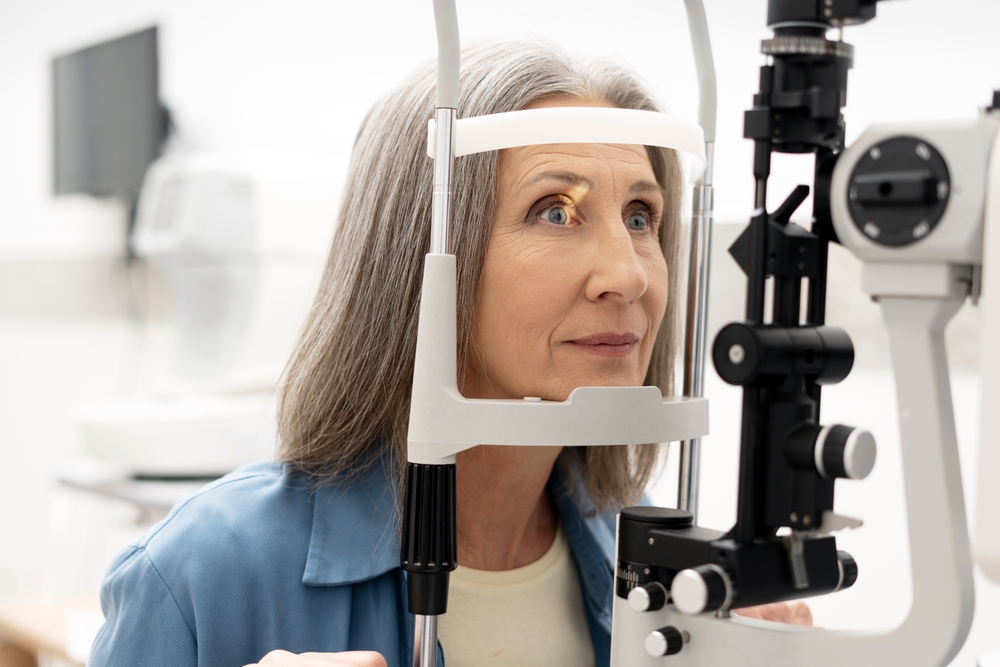Family Vision Clinic Blog
Learn more about optometrist care in our blog!

When people think about eye health, they often focus on their vision or glasses prescription. However, one of the most overlooked parts of eye care is eyelid hygiene.

If your eyes feel dry, tired, or strained more often than they used to, your lifestyle may be playing a bigger role than you realize. Sleep quality, daily stress, screen time, and hydration all influence how comfortable your eyes feel and how well your visual system performs throughout the day.

When your eyes suddenly become red, painful, or blurry, it can be difficult to know whether you’re dealing with a serious eye emergency or a minor irritation. Understanding the difference can help you act quickly and protect your vision.

Myopia is one of the most common vision problems in the world. It occurs when the eyeball grows too long or the cornea is too curved, causing light to focus in front of the retina rather than directly on it. This results in blurry distance vision while close-up vision remains clear. While glasses and contact lenses can correct vision, they don’t slow down the progression of myopia.

Dry eye disease affects millions of people and can have a serious impact on comfort, clarity of vision, and overall quality of life. While artificial tears may provide short-term relief, many patients require more advanced treatments. Intense Pulsed Light (IPL) therapy has emerged as an innovative option for treating dry eye caused by meibomian gland dysfunction.

When it comes to your vision, many people assume that if something is wrong with their eyes, they’ll notice it right away. Unfortunately, that isn’t always the case. In fact, many serious eye diseases develop slowly and silently, showing little to no warning signs until permanent damage has already occurred.

When you hear that someone has 20/20 vision, it’s easy to assume their eyes are perfectly healthy. But clear eyesight is just one aspect of overall eye health. Many serious eye conditions can develop long before any changes in vision are noticeable. Medical eye exams go beyond simple vision checks and are an essential part of protecting your long-term eye health.

If you’re living in Wilmington and struggling with dry, irritated eyes, you’re not alone. The coastal climate, combined with seasonal allergens and screen-heavy lifestyles, can take a toll on your eye comfort. For many residents, dry eye disease has become a daily disruption. At Family Vision Clinic, we’re proud to offer one of the most advanced treatments available for dry eye relief: Intense Pulsed Light (IPL) therapy using the Lumenis OptiLight system.

Myopia is becoming increasingly common in children. Characterized by difficulty seeing objects at a distance, myopia can interfere with learning, daily activities, and overall quality of life. While glasses or contact lenses can help correct vision, early detection and proactive management are essential to slowing the condition’s progression. At Family Vision Clinic, we emphasize the importance of routine eye exams for early diagnosis and comprehensive myopia management.

When it comes to your vision, early detection is key. Many serious eye conditions begin with subtle symptoms that are easy to overlook. However, recognizing these early signs and scheduling a comprehensive eye exam can help prevent long-term damage and preserve your eyesight. At Family Vision Clinic, we believe that proactive care is essential to protecting your visual health.









